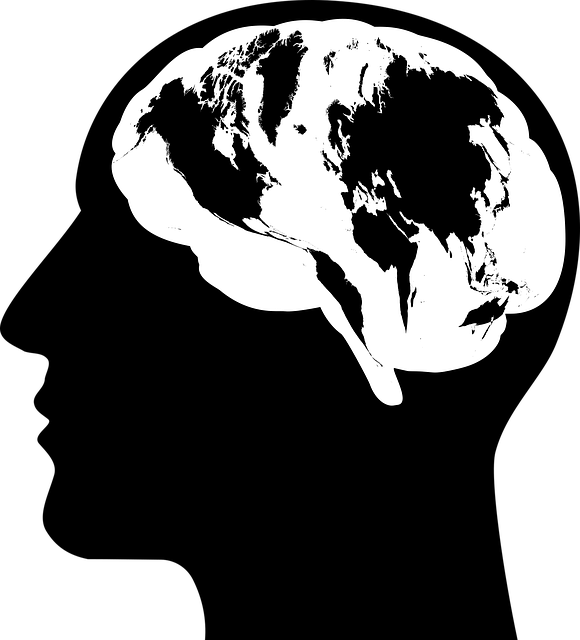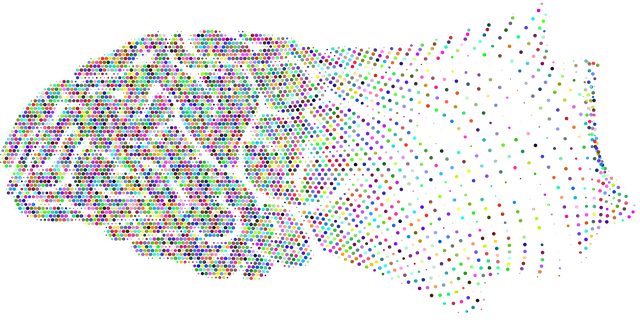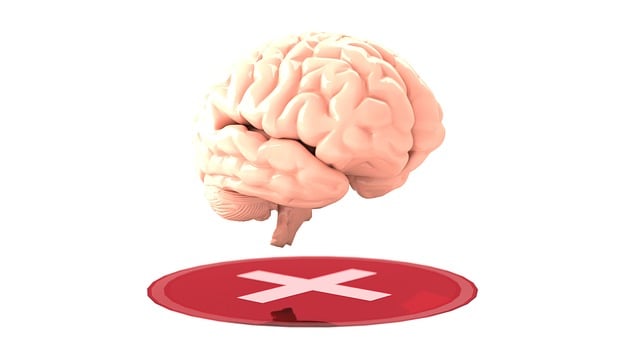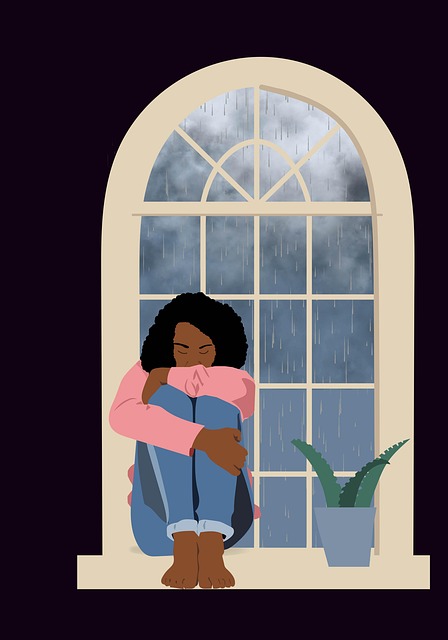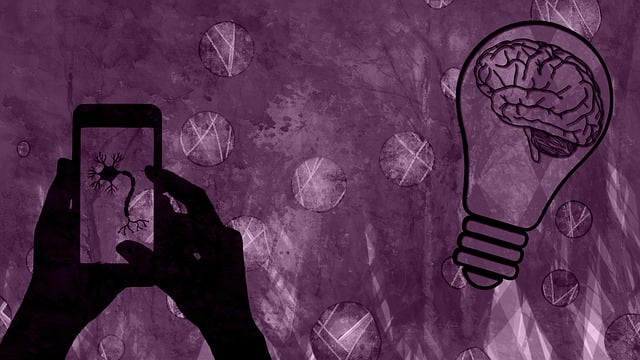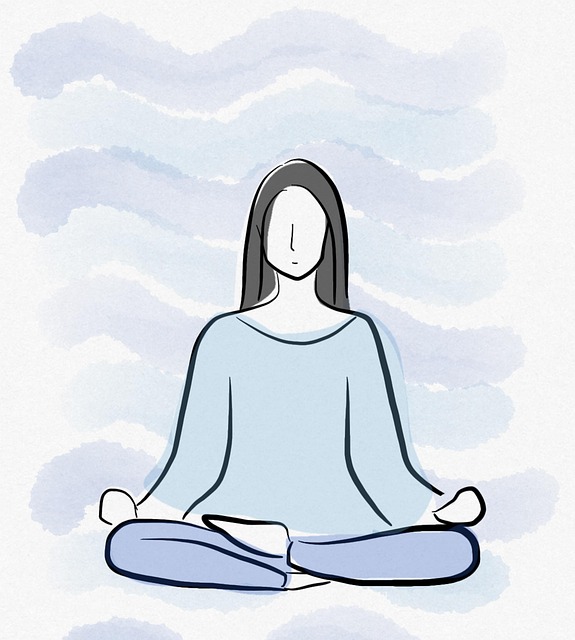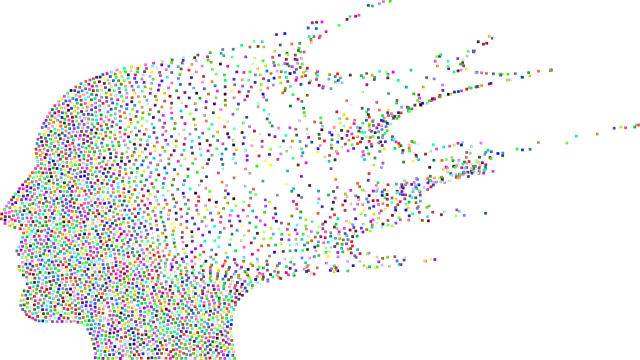Media portrayal profoundly influences societal attitudes toward mental health, with accurate, sensitive depictions reducing stigma and encouraging help-seeking behaviors, while stereotypes perpetuate misinformation. To ensure ethical media representation, a comprehensive mental health policy analysis and diverse production teams are vital. Therapy for elders and couples counseling play crucial roles in challenging stereotypes, fostering understanding, and normalizing support-seeking. By showcasing authentic emotional journeys and incorporating elements of inner strength development, media can empower viewers to recognize their struggles and take steps toward healing.
Mental illness representation in media significantly impacts public perception and understanding of mental health. This article delves into the challenge of media portrayal and offers solutions. We explore the profound effects on societal attitudes, emphasizing the critical role of therapy in challenging stereotypes and fostering awareness.
Additionally, we present effective strategies for media creators to adopt when depicting elderly individuals, couples facing mental health struggles, and counseling sessions authentically. By implementing these approaches, media can promote empathy, reduce stigma, and provide a more accurate reflection of diverse mental health experiences, including Therapy for Elders, Couples Counseling.
- Understanding the Impact of Media Portrayal on Mental Health Perception
- The Role of Therapy in Challenging Stereotypes and Promoting Awareness
- Effective Strategies for Representing Elderly Individuals, Couples, and Counseling Sessions in Media
Understanding the Impact of Media Portrayal on Mental Health Perception

Media portrayal plays a significant role in shaping societal perceptions about mental health. The way mental illnesses are depicted in films, television shows, and news articles can influence public understanding and attitudes towards individuals living with these conditions. When media representations are accurate and sensitive, they have the power to reduce stigma, promote empathy, and encourage help-seeking behaviors. However, stereotypical or inaccurate portrayals can perpetuate misinformation, leading to further marginalization of already vulnerable populations.
For instance, elderly individuals suffering from depression or anxiety may be depicted as frail and helpless, reinforcing ageist stereotypes. Similarly, couples facing relationship issues might be portrayed through a lens of pathologization, failing to capture the complexities of human interactions. These representations matter because they can either foster an environment conducive to open conversations about mental health or deter individuals from seeking necessary support. Therefore, a comprehensive mental health policy analysis and advocacy is essential to ensure media accountability and promote accurate representation. Encouraging industry professionals to prioritize ethical storytelling practices and emphasizing the importance of diverse perspectives in production teams can contribute to developing more nuanced narratives. Additionally, implementing strategies for risk assessment for mental health professionals during content creation can help mitigate potential harm caused by inaccurate portrayals, ultimately supporting efforts in building a more supportive society through better media representation.
The Role of Therapy in Challenging Stereotypes and Promoting Awareness

The therapeutic process plays a pivotal role in challenging and reshaping stereotypes associated with mental illness. Through specialized therapy sessions, individuals, especially elders or couples, can find safe spaces to navigate their struggles openly. Couples counseling, for instance, offers a unique platform where partners can learn to communicate effectively, understand each other’s perspectives, and develop coping strategies together. This collaborative approach not only strengthens their relationship but also fosters an environment conducive to healing and self-awareness.
Moreover, therapy serves as a powerful tool for raising awareness about mental health issues. Healthcare providers equipped with cultural competency training can help dispel myths and misconceptions prevalent in society. By incorporating resilience-building techniques into treatment plans, clients are empowered to manage stress and overcome challenges. Stress management workshops organized by mental health organizations further reinforce the importance of early intervention and ongoing support, ultimately contributing to a more informed and compassionate society.
Effective Strategies for Representing Elderly Individuals, Couples, and Counseling Sessions in Media

Media has a significant role in shaping societal perceptions about mental health, especially for marginalized communities like the elderly and couples. When depicting therapy sessions, it’s crucial to showcase therapy for elders couples in an authentic and sensitive manner. This involves moving beyond stereotypical representations and instead portraying complex emotional journeys with nuance. By featuring diverse scenarios and emphasizing the unique challenges faced by these groups, media can foster understanding and reduce stigma.
Incorporating elements of inner strength development through therapy is a powerful strategy. Depicting characters who overcome obstacles with the help of counseling sessions normalizes seeking support and promotes positive thinking. Additionally, showcasing trauma support services within these narratives can provide valuable insights into recovery processes. Realistic portrayals can encourage viewers to recognize their own struggles and take steps towards healing.
Media representation plays a pivotal role in shaping public perception about mental health. By challenging stereotypes through therapy and adopting effective strategies for depicting diverse individuals and counseling sessions, we can foster more accurate and compassionate portrayals. Encouraging inclusive narratives that include therapy for elders and couples not only enhances awareness but also contributes to improved mental health outcomes for all. It’s a step towards creating a more understanding and supportive society.
